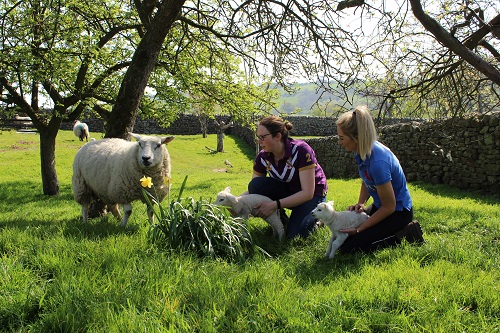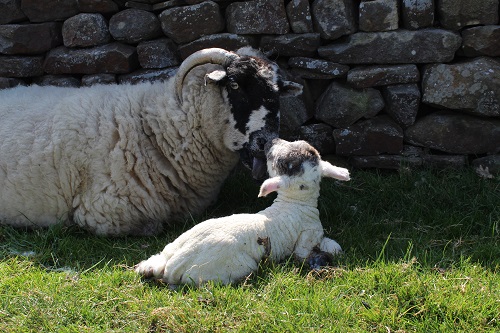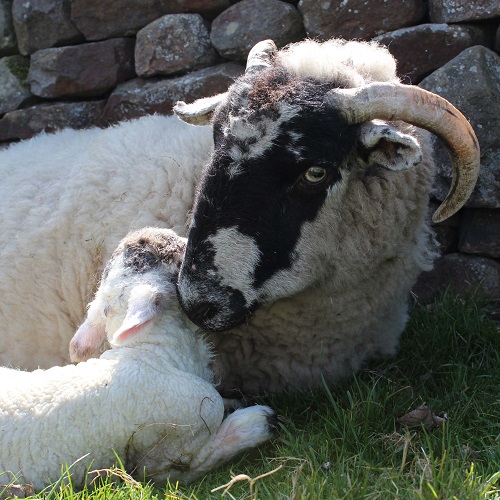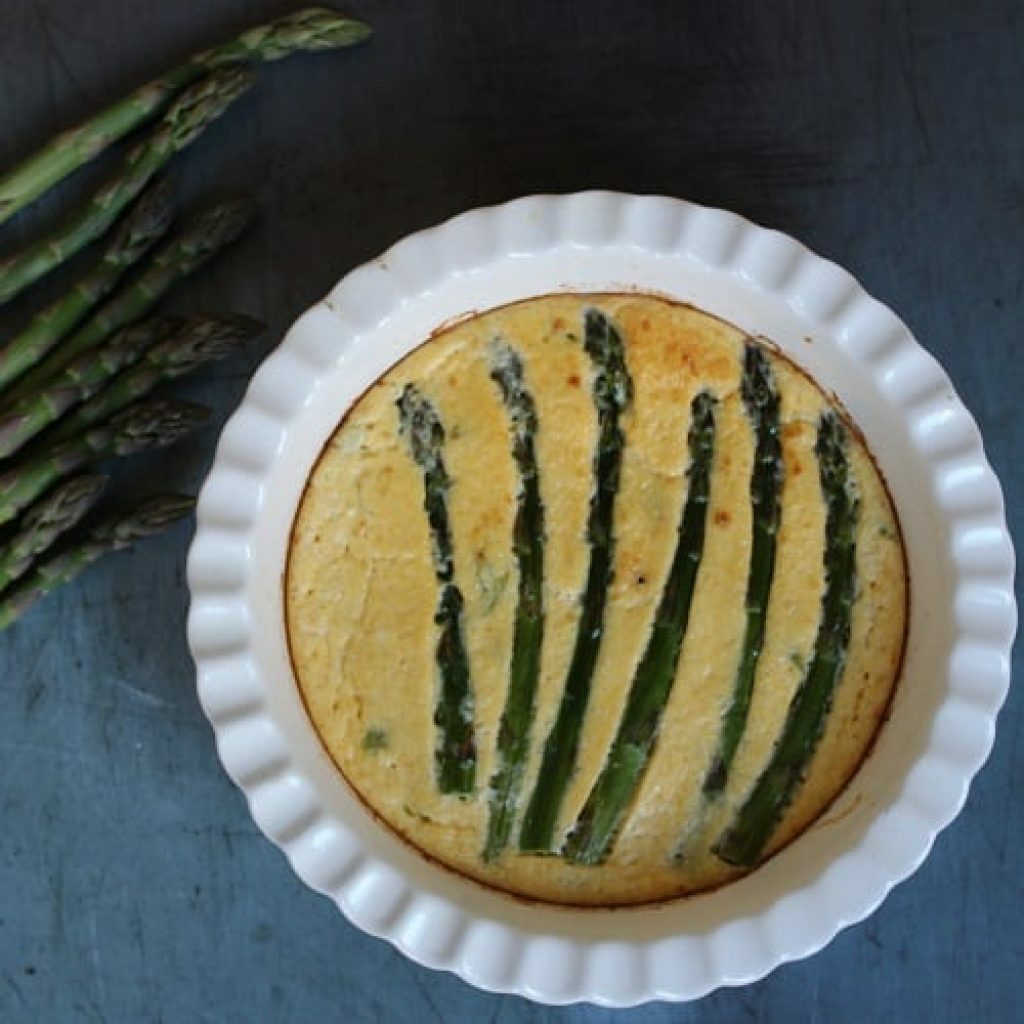Is there anything that shouts spring more than a lamb frolicking in a field? We think not! Lambing, a Yorkshire spring tradition is something many locals may be accustomed to seeing but do you know all that goes into it? We followed local sheep farmers and Fodder suppliers, the Liddles around for day to find out more!
At Fodder, we’re so proud to support all of our fantastic suppliers and particularly proud of our hardworking Yorkshire farmers and producers like the Liddles. The family farmers embody all the traditional farming standards while incorporating modern techniques, which have seen them continue to develop and thrive in an ever competitive market.
These fourth generation farmers, rearing sheep on the same land their Great Grandfather did, may have made modern progress with their farming techniques but are still proud of the roots they’ve come from. Dad John assures us that not a lot has changed, whilst daughters Alice and Christina talk about how, basics are the same, the way they go about it has modernised and improved animal welfare and quality.

The Liddle Family, whose three children are all mucking in on the family farm when we visit, have each brought their individual knowledge and interests to the business. They work closely with their local team of vets who visit frequently to check on the welfare of the animals. Science now plays a part in their daily activities from grass blade measurement to complete tailored nutritional programs for their expectant sheep. Lambs who need extra care are fed from their automatic milking machine and instead of shepherds walking miles and miles they now have the assistance of quad bikes!
April and May are peak lambing season, (although the work is all year round) and while it’s obviously a busy day when we visit, it doesn’t seem frantic. Ensuring the farm isn’t overstocked means they aren’t overstretched with resources but particularly at times which can be hectic at best, like lambing season. The family have also stretched the period their sheep lamb over an extended period of six weeks, easing pressure on the farmers and allowing them to provide greater care to all their sheep and lambs. Which in turn leads to some of the best lamb mortality rates in the country. Most sheep are able to birth on their own so intervention isn’t needed, however occasionally first time mums, multiples or particularly large lambs need some support. New lambs will be checked to ensure they are healthy and make sure they are suckling well.

On a large farm such as the Liddles it’s easy to wonder how they all keep on top of it. Whilst stood at the top of the field Christina explains the field structures, they have a field just for first time ewes who are expecting, this field is closest to the house as they like to keep a special eye on those first timers. While the next field over is for the seasoned girls who are a bit more experienced. Once the ewe has birthed a lamb and the family has had a chance to check both are fit and well they move them on to another field with high quality grass which is needed for milk production. They then continue to be free ranging and grass fed under the Yorkshire sun.
Ever see a field of sheep with coloured markings and wonder why farmer decided to decorate their beautiful white coats in a rainbow of colours? Those colours actually indicate paternity – not only the colour but also placement are important factors in deciphering genetics. Blue on a back limb is different than blue on an upper shoulder.
To buy organic or not?
Organic seems to be the latest buzz word in the industry for consumers. But is it the most important thing in farming today? Alice Liddle says no, the family focuses on welfare and animal management over ‘organic’ standards. ‘We actually do most of the things required to be organic’ the sisters tell us. However they always put the welfare of their animals first and foremost and they agree that is far more important than an organic badge.
But it’s not all about sheep. As farmers, they depend on the land and their future depends on it which is why they have also focused on their grassland management. ‘We’re just the current stewards of this land’ Projects like planting hedges which provide homes for the wildlife including nesting birds and also grant the sheep an additional area of shade amongst other fluid projects keep their future sustainable.
We’re very proud to have the Liddles supply us at our award winning Harrogate farm shop and butchery, we asked Alice and Christina what they would like the Fodder audience to know about them and their product? ‘That we eat it’ Christina adds in, ‘It’s good, honest food. We don’t need to hide behind anything. We’re proud of our Yorkshire roots and the quality product we’re producing’

Fodder is a wholly owned subsidiary of the Yorkshire Agricultural Society, a charity which supports and promotes agricultural, rural and allied industries. This includes championing the role of farmers as providers of high-quality produce and encouraging consumers to choose healthy and local produce. As well as providing support to children, teachers and people in the rural community through education, development and support.

